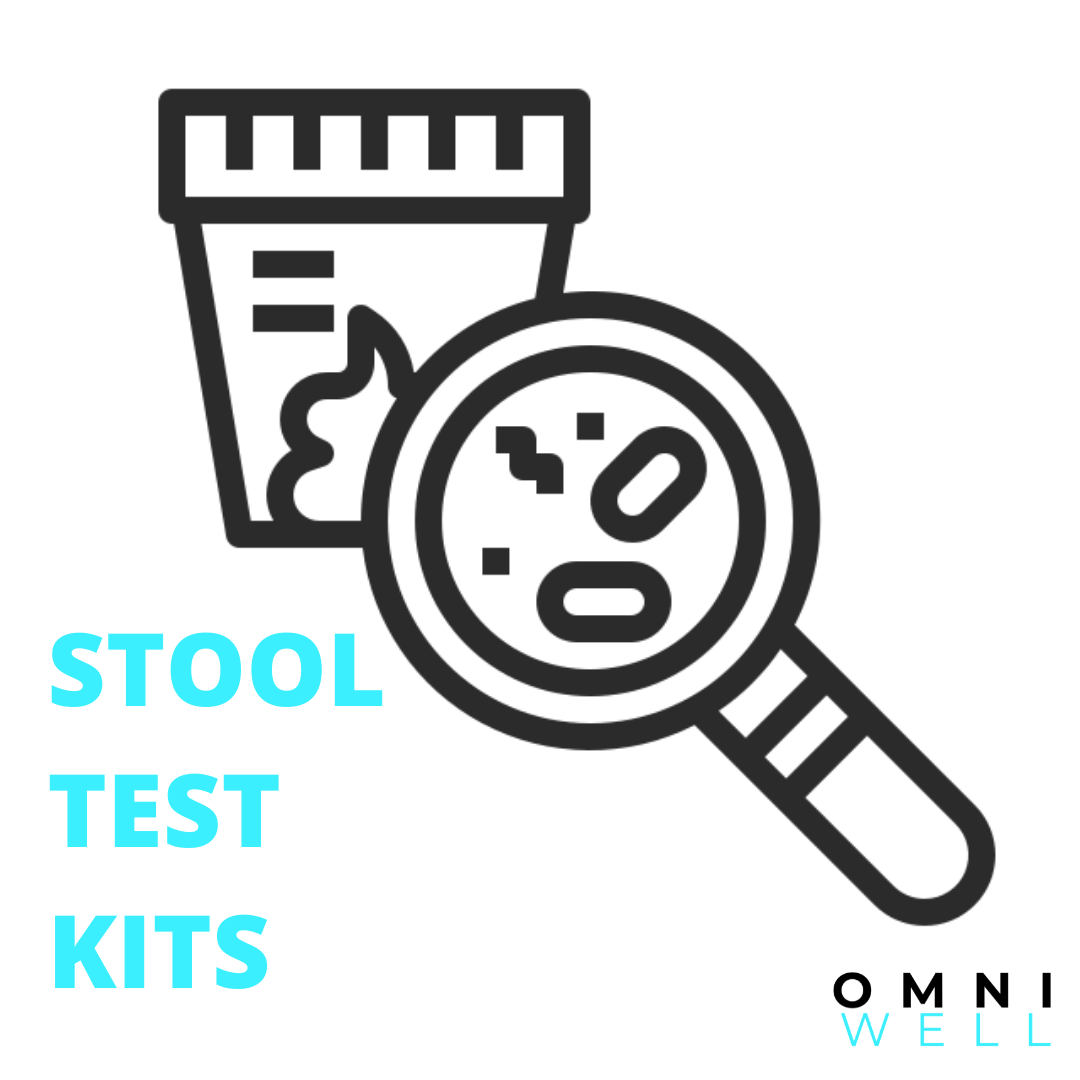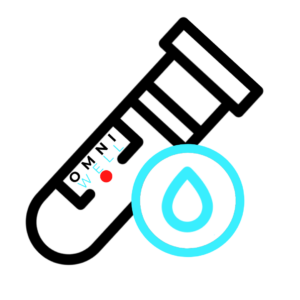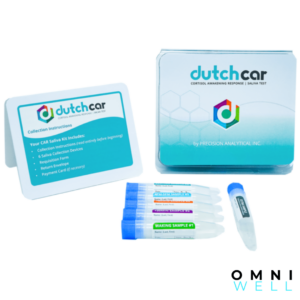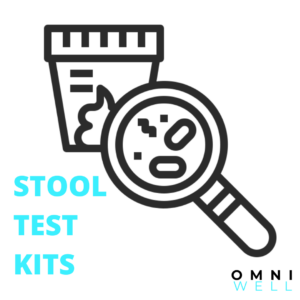The GI-MAP® includes pathogens (bacterial, parasitic, and viral) commonly known to cause intestinal gastroenteritis. It’s important to note that not all individuals with positive findings for pathogens will present with symptoms. Many factors, including the health of the individual, the transient nature of some pathogens, and the presence and expression of virulence factors all contribute to an individual’s symptoms.
Toxins are a type of virulence factor produced by certain pathogens. Since GI-MAP is a DNA-based test, results reflect the levels of pathogenic strains carrying the toxin genes, not the levels of any toxins that may be produced.
–
Overwhelmingly, research indicates that gut health impacts overall health. The gut microbiome, in particular, plays a critical role in mediating the effects of diet and other factors on health, including digestive, immune, metabolic, and neuroendocrine functions. Assessing GI health with the proper tools can help practitioners get to the root cause of chronic illness.
The GI-MAP (Microbial Assay Plus) is unique in the field of comprehensive stool testing. It relies exclusively on quantitative polymerase chain reaction (qPCR) technology to detect parasites, bacteria, fungi, and more, by targeting the specific DNA of the organisms tested.









